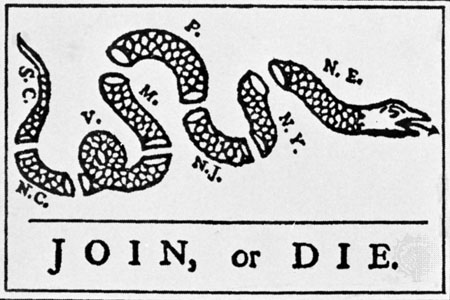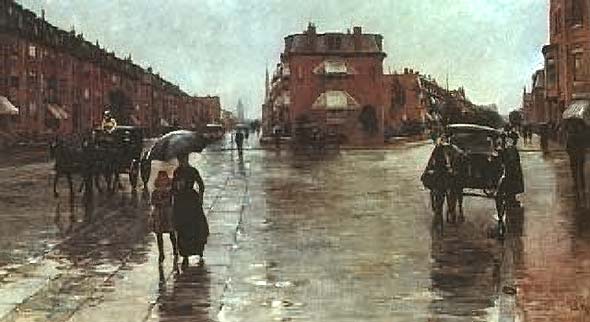![[Jackiepumpkin(2).jpg]](https://blogger.googleusercontent.com/img/b/R29vZ2xl/AVvXsEgkvwTWnGoEbCmC4tkUgqRoYSiq0py5LQ-pjnjaFDRmy9rNVBBNvKRmNkondXixKHeBfgBwTM7bN2UThF5U8uItf2nT5ASaiZJB8jmshpELlHJ-_DZGnwv3tJFXxaTdmVRjV8UoBV8CGTN4/s1600/Jackiepumpkin(2).jpg) This from my Halloween post from two years ago (slightly edited.) My children, well two out of three, still love Halloween and its still not my favorite...
This from my Halloween post from two years ago (slightly edited.) My children, well two out of three, still love Halloween and its still not my favorite..."Halloween is decidedly not my favorite holiday. In fact, during my years as a school teacher, I positively dreaded it. But as a father of three young children, one part of Halloween makes good sense. My children start talking about "what they are going to be for Halloween", the day after Halloween and throughout the year, every once in awhile, they will announce that they have a new idea for the coming year's costume...
The desire to "put on new garments" is, I suppose, universal and is certainly at the heart of most religious practice. To a certain degree, it is the reason Blogging has become so prevalent.
It is also why the Apostle Paul exhorts the Corinthians to imitate him (see post Oct. 25th). This morning, as I continued the study of 1 Corinthians and of Ware's Formation of the Christian Character, Paul, again, writes, "Be imitators of me, as I am of Christ" (1 Cor. 11:1.) In between these two posts, Paul has talked much about sex and diet, his conclusion being in v. 10:31, "whatever you do, do all to the glory of God" (Well, sort of...)
Henry Ware Jr. puts it this way in his, "The Formation of the Christian Character"
"Living thus with his chief sources of happiness within him, he (the seeker after Christian Character) bears with equanimity the changes and trials of earth, and tastes something of the peculiar felicity of heaven, which is 'righteousness, and peace, and joy in a holy spirit;'...But if you would discern the full excellence and loveliness of the religious life, do not rest satisfied with studying the law, or musing over the descriptions of it. Go to the perfect pattern, which has been set before the believer for his guidance and encouragement. Look unto Jesus, the author and finisher of your faith...This is the model which you are to imitate. And it is when you shall be imbued with this spirit, when you shall be filled with this sentiment, when your words, actions, and life, shall be only the spontaneous expression of this state of mind,-it is then that you will have attained the religious character, and become spiritually the child of God...To attain and perfect this character is to be the object of your desire, and the business of your life..."
"The Full excellence and loveliness of the religious life" may it be so for all. BeWare AND be Square (sorry.) Happy Halloween and
Blessings





 I think the second post ever made in this space was on Thomas Treadwell Stone and he is someone I return to often. This excerpt from his sermon, "The Secret Attractions" illustrates why...
I think the second post ever made in this space was on Thomas Treadwell Stone and he is someone I return to often. This excerpt from his sermon, "The Secret Attractions" illustrates why...
 John Brazer gets passionate about
John Brazer gets passionate about  Rev.
Rev.  Of the ministry of John Brazer, a parishioner said " The sick he comforted by his conversation and cheered with his attentions, while he opened to the dying such views of immortality as supported them through the valley which was darkening around them. Deeply sensible of the efficacy of prayer, he sought to bring the heart of the sufferer before the throne of the Almighty, a humble and resigned offering to his holy will." His sermon, "
Of the ministry of John Brazer, a parishioner said " The sick he comforted by his conversation and cheered with his attentions, while he opened to the dying such views of immortality as supported them through the valley which was darkening around them. Deeply sensible of the efficacy of prayer, he sought to bring the heart of the sufferer before the throne of the Almighty, a humble and resigned offering to his holy will." His sermon, " This from James Freeman Clarke (also posted at
This from James Freeman Clarke (also posted at 







